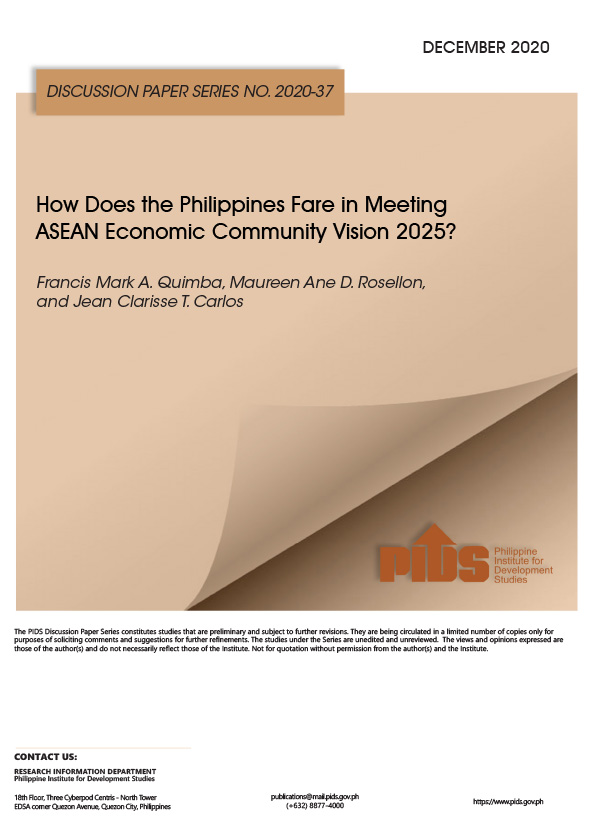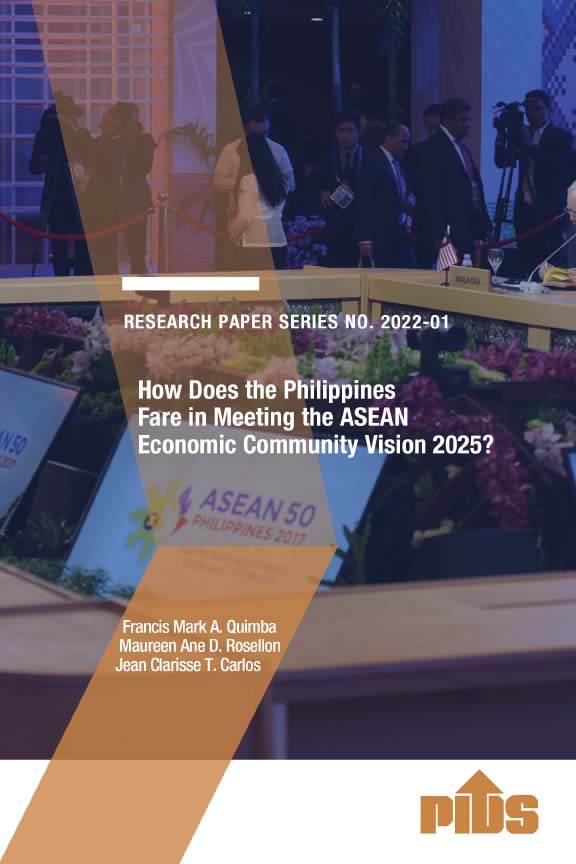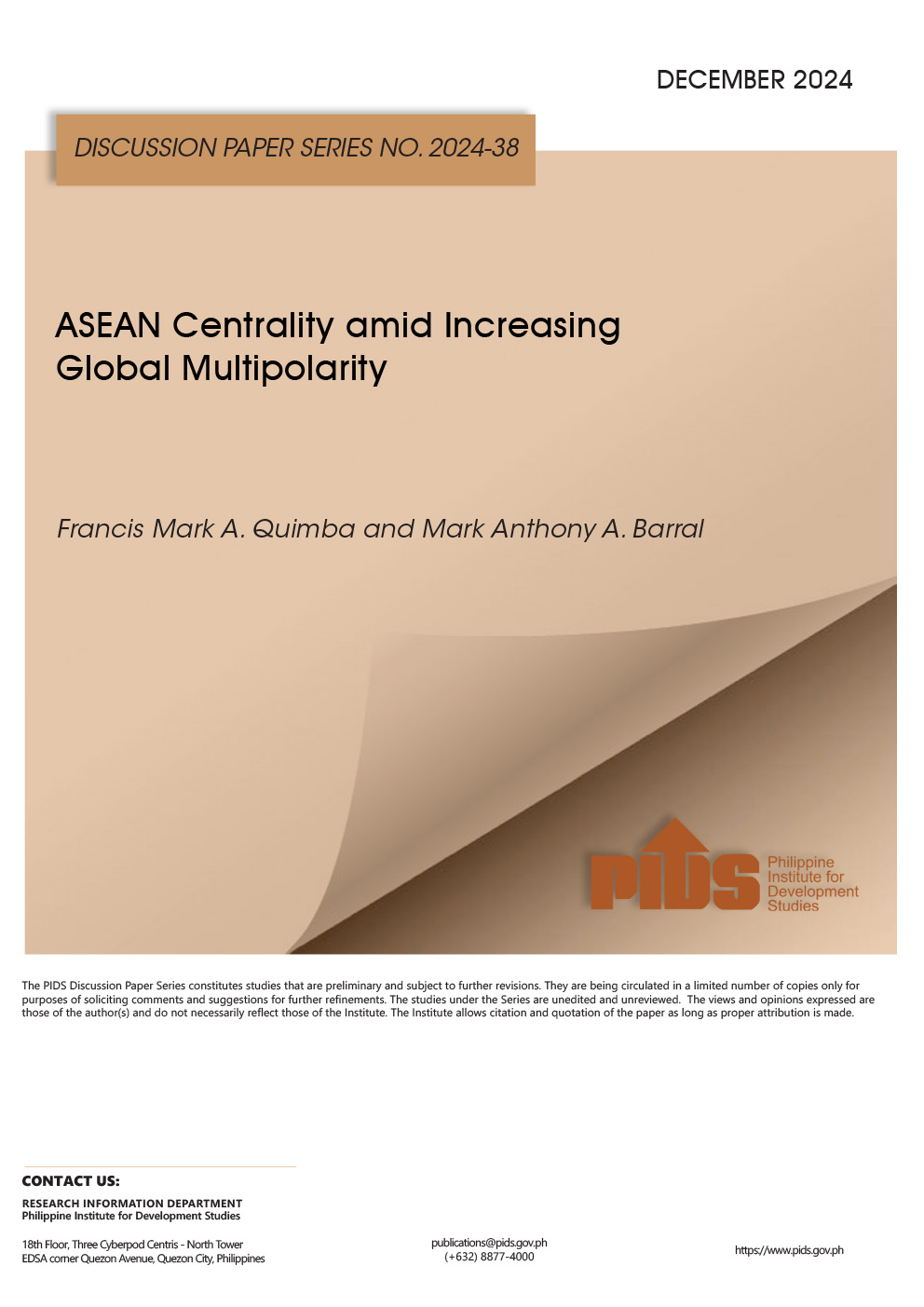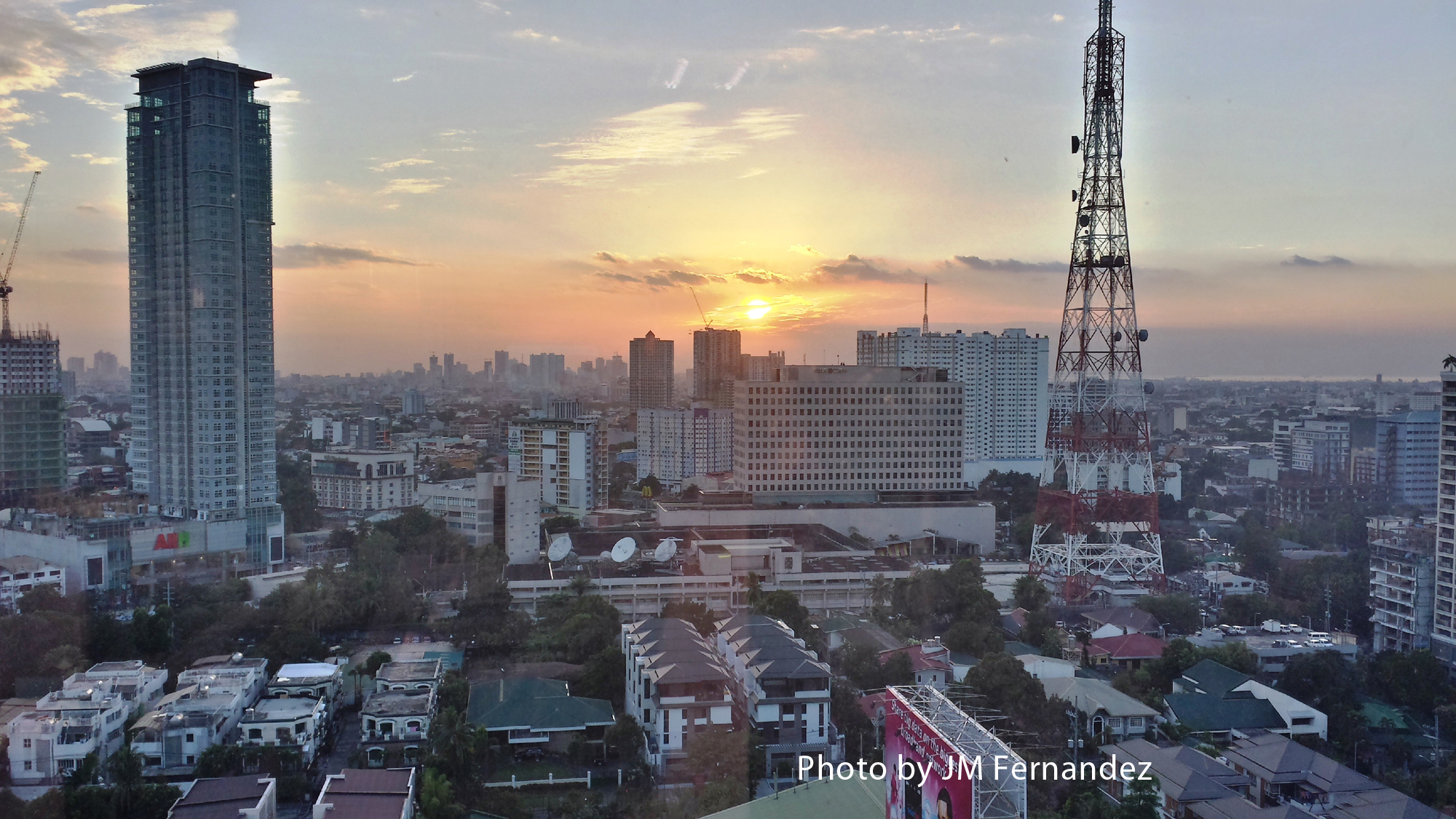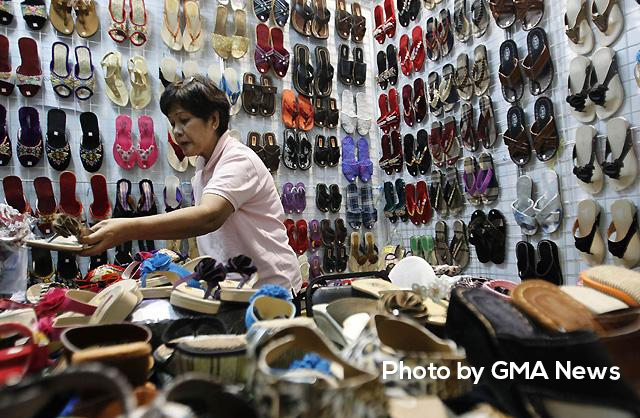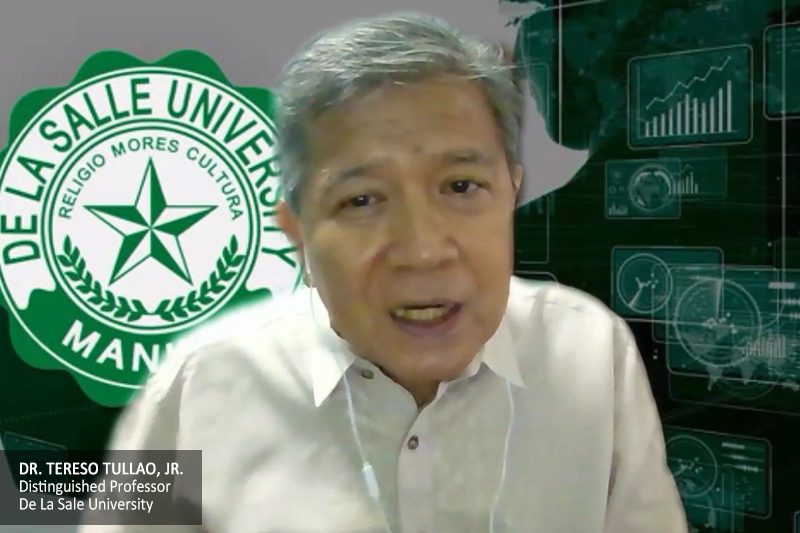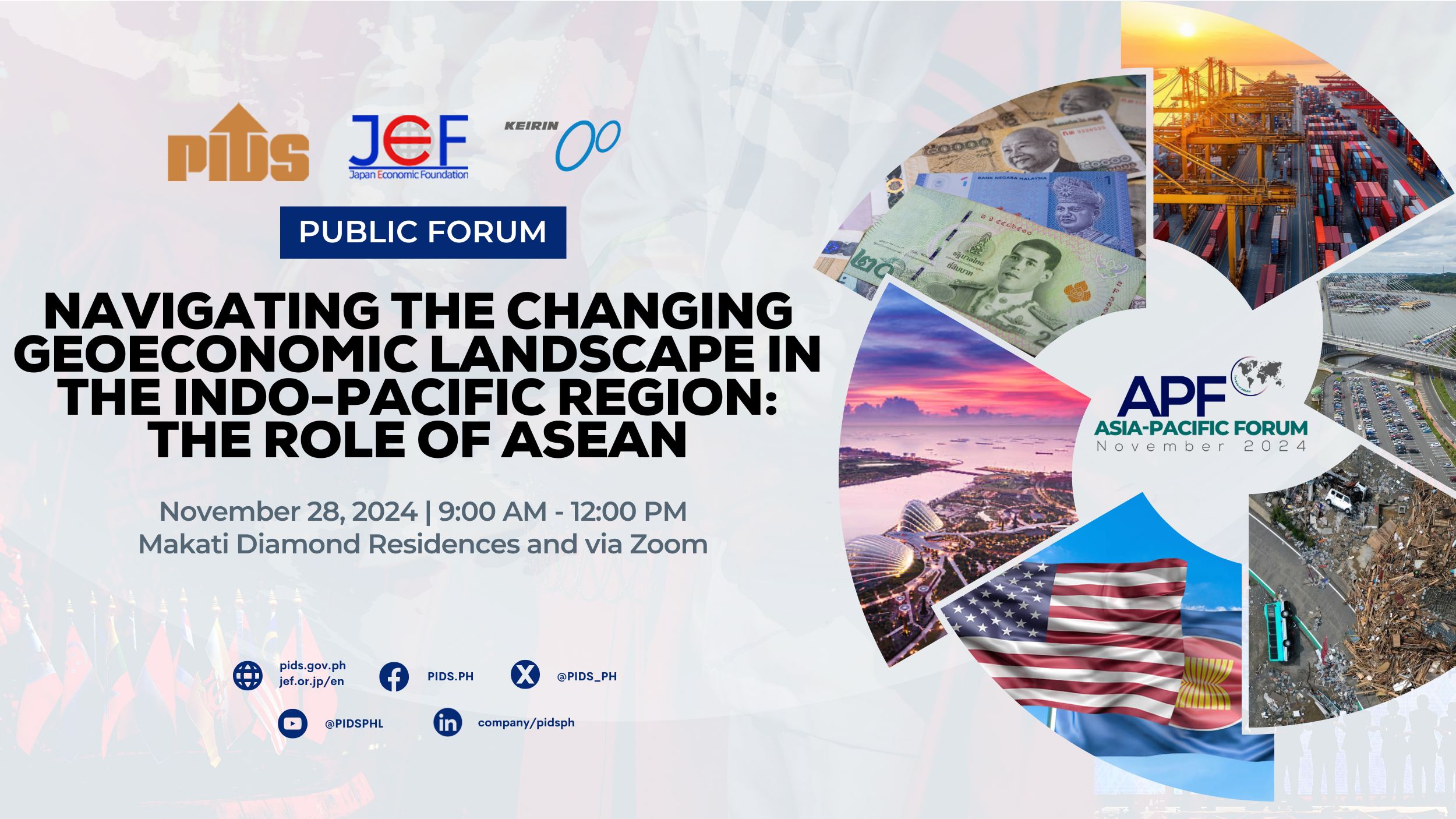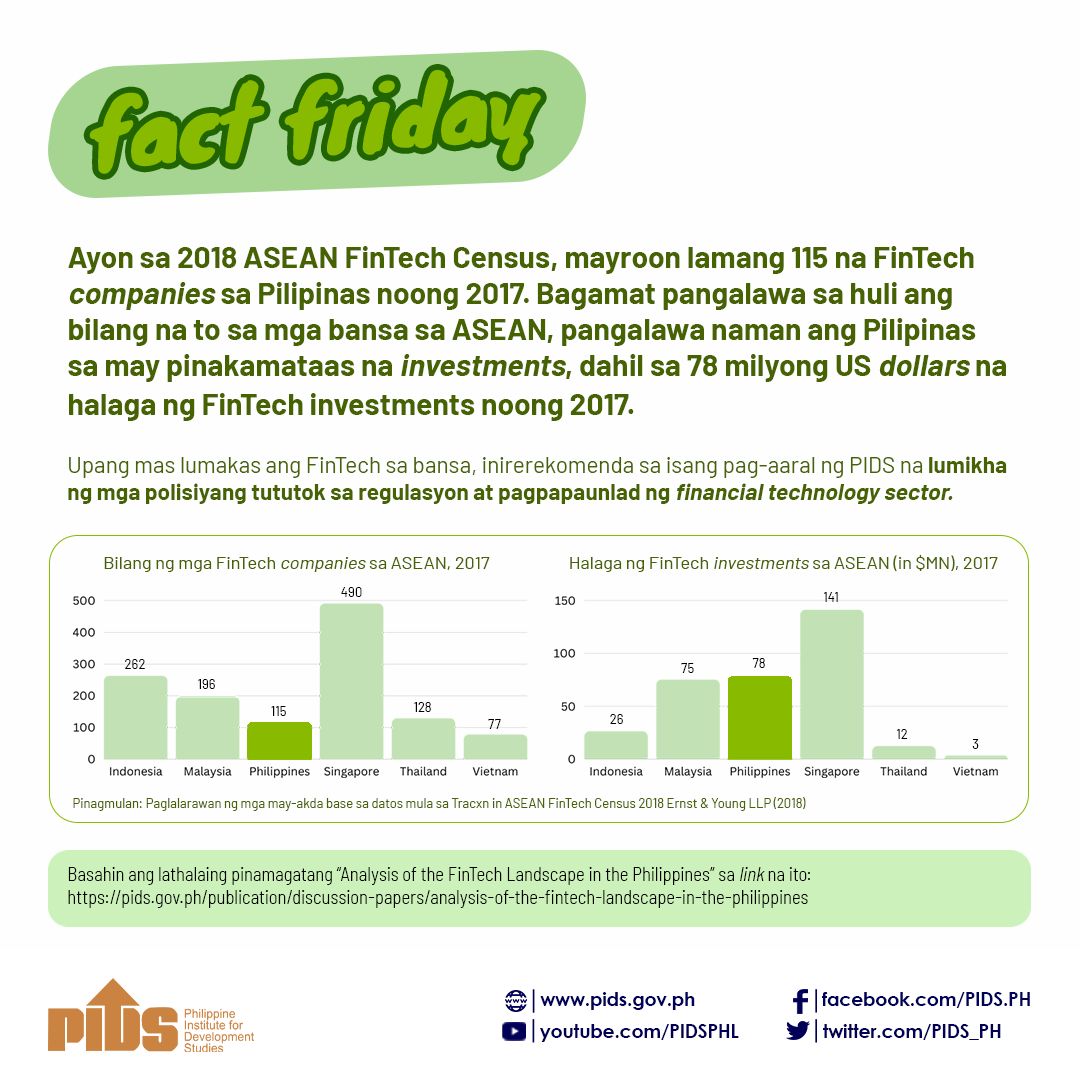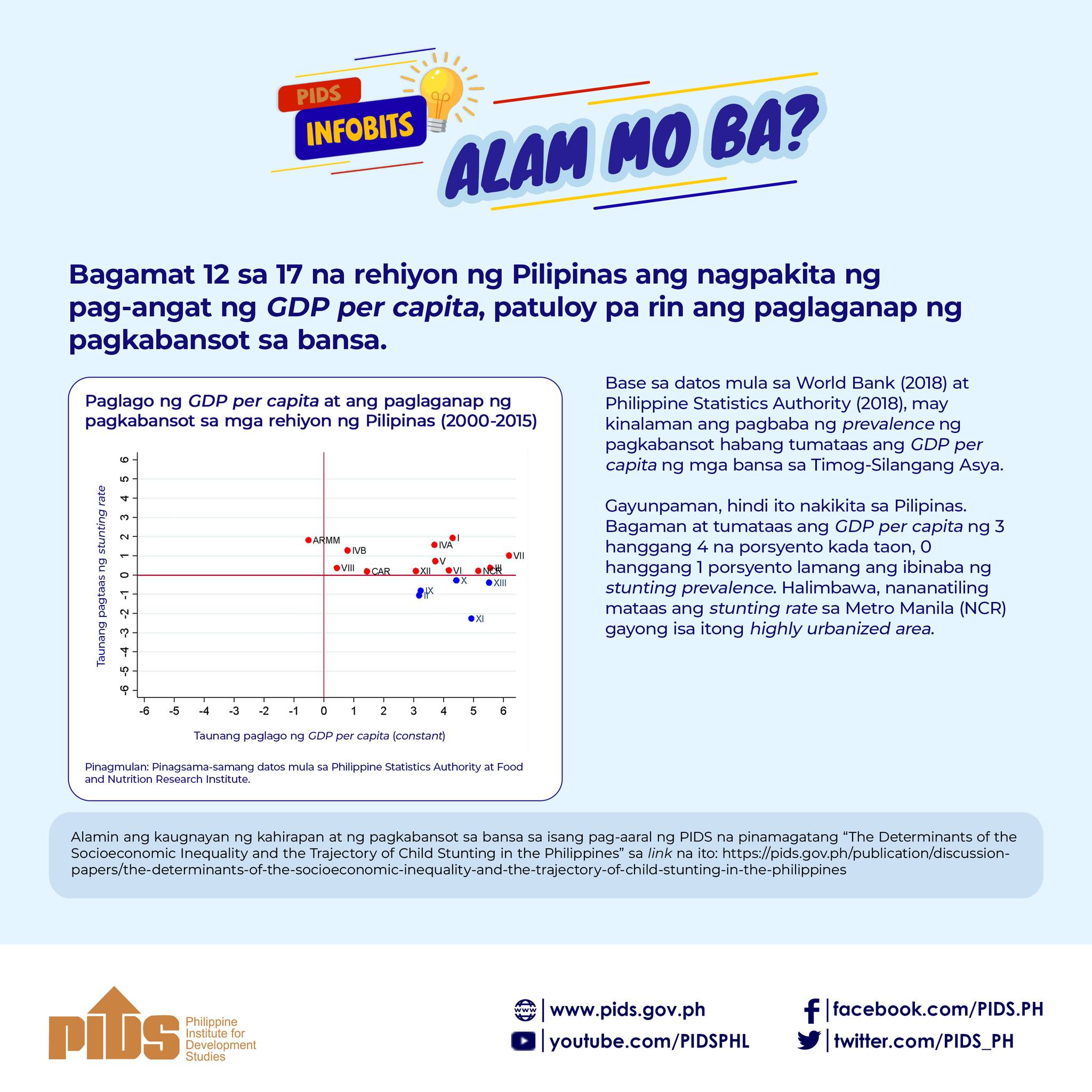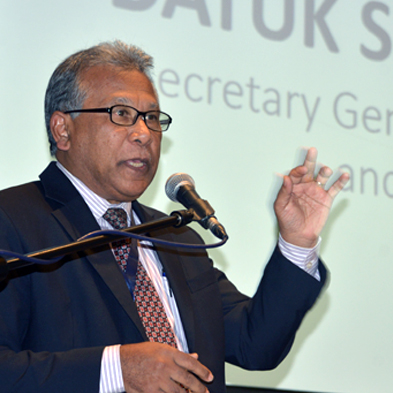
As the Association of Southeast Asian Nations (ASEAN) moves toward deeper integration, member-states must focus not only on economic interests but also on the wider needs of ASEAN people. This will make them secure as region-wide measures are being initiated.
According to Datuk Seri J. Jayasiri, secretary-general of Malaysia’s Ministry of International Trade and Industry, a people-centered ASEAN will contribute to regional integration as the needs of the larger segment of the population are met and they see the benefits of region-wide initiatives. Jayasari stressed this at the Asia-Pacific Forum on Integration and Inclusiveness in a Digital Society organized by state think tank Philippine Institute for Development Studies (PIDS) and Tokyo-based Japan Economic Foundation.
However, for this to happen, he noted that individual actions at the national level as well as collective actions at the regional level across all ASEAN member-states have to be put in place.
First, he cited the need for creating greater awareness and appreciation of ASEAN and its initiatives. A survey conducted by the Economic Research Institute for ASEAN and East Asia found there is an overall positive attitude toward ASEAN throughout the region. However, knowledge and appreciation of the association remains low in some ASEAN countries.
“A one-off celebration of ASEAN day yearly is not enough. Top-down decision-making process at the national and regional levels on ASEAN matters need to be complemented with regular stakeholder engagements, which should include nongovernment organizations, civil society, small businesses, the youth, and other interest groups,” Jayasiri pointed out.
He also suggested for ASEAN to hold more people-oriented activities regularly while reducing bureaucrats’ meetings. He added that ASEAN music, film, arts, food, and sports festivals need to be permanent features in each ASEAN country’s annual calendar of events.
Jayasiri likewise noted that for economic growth to be more inclusive, ASEAN must ensure that trade initiatives should benefit not just the big corporations, but more importantly, the micro, small and medium enterprises (MSMEs).
“There must be a mechanism to ensure [that] MSMEs are part of the regional value chain. In addition, services liberalization must create cross-border opportunities for smaller service providers. Thus, there is a need for greater depth in services trade liberalization,” Jayasiri stated.
Likewise, he emphasized the need to remove barriers to movement of natural persons within the region, which is “core to a people-centered ASEAN” and an essential component for border trade potentials to be fully realized.
A free flow of trade in services through the elimination of restrictions to trade in services among ASEAN countries is embedded in the ASEAN Framework Agreement on Services (AFAS). One of the packages under the AFAS is the mutual recognition arrangements (MRAs), which will liberalize the entry and practice of certain professions such as nursing, accountancy, surveying, medical, tourism, and information technology, within ASEAN.
The Malaysian trade official also emphasized the importance of connectivity within ASEAN. Good connectivity, he said, includes physical infrastructure to facilitate movement of goods, services, and natural persons. This includes roads, railways, airports, and ports. He added that digital infrastructure to enhance information connectivity is a must for a people-centered ASEAN.
Lastly, Jayasiri lamented the slow progress of the negotiations under the ASEAN-centered proposal for a regional free trade area, the Regional Comprehensive Economic Partnership, which would initially include the 10 ASEAN member-states and those countries which have existing FTAs with ASEAN – Australia, China, India, Japan, Republic of Korea and New Zealand.
“The very slow progress of RCEP is giving the impression that there is no collective will to conclude it. There is also no clear champion to push the process to the finish line. On top of that, no one is willing to give up entrenched positions for the greater good of the overall enterprise,” he said.
On the other hand, he noted that the Trans-Pacific Partnership (TPP), a mega trade deal involving 11 Pacific countries, has been given a fresh breath of life after the remaining parties reached a partial agreement in November 2017. The TPP has been renegotiated among the remaining 11 members after the United States withdrew from the trade deal shortly after the inauguration of President Donald Trump in November 2016.
Jayasiri noted that the TPP will be accepting new members once it has entered into force. Currently, the TPP is being renegotiated among Australia, Brunei, Canada, Chile, Japan, Malaysia, Mexico, New Zealand, Peru, Singapore, and Viet Nam. ###

